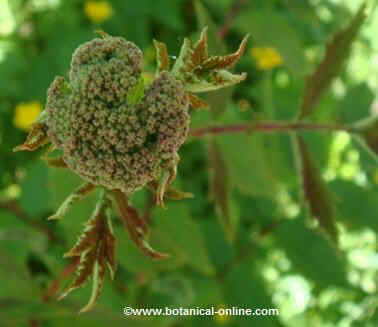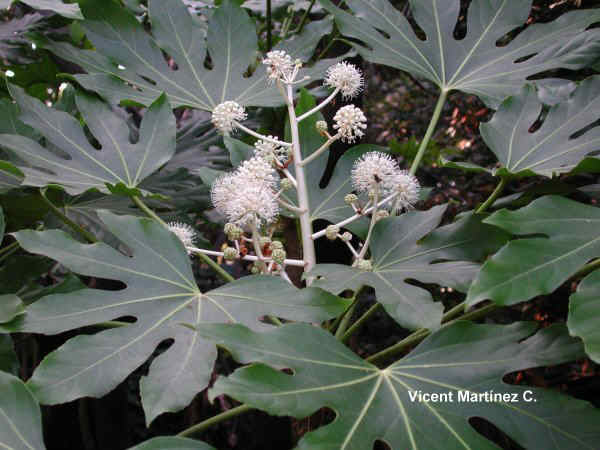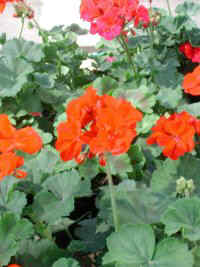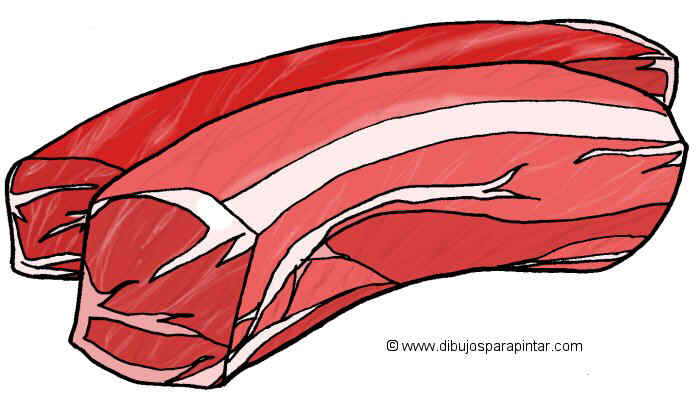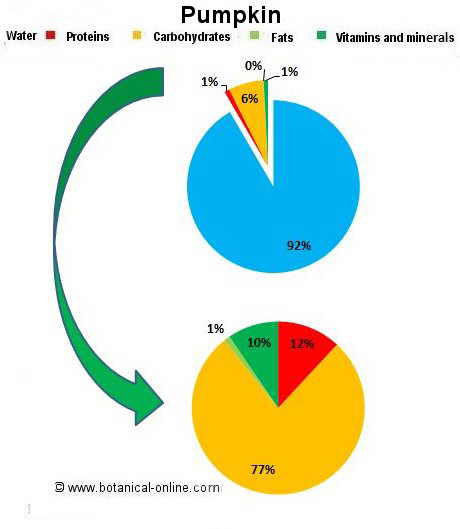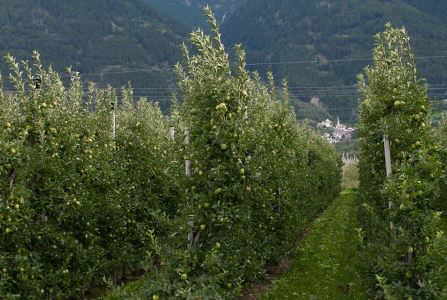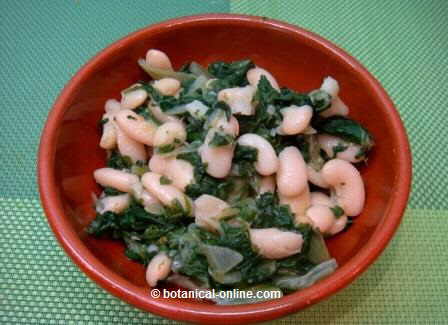Contents
Is meadowsweet safe to use?
Yes, meadowsweet is considered safe when used under the prescribed dose. However, since it contains salicylates, this plant has significant drawbacks, especially for people who are taking medication.
- The FDA classifies meadowsweet as a medicinal plant with unproven safety.
- Its use as a food additive is permitted and regulated in Europe.
- In the regions of Central Europe it is used as a food and seasoning plant.
Components of meadowsweet
- Essential oil (0.2%): the main component are salicylates (up to 70% of the essential oil) plus phenols, vanillin (flowers), heliotropine and coumarins.
- The most active salicylates are in the flowering tops, where the concentration of free salicylic acid is greater. The rhizome is the richest part in salicylate gaultherine.
- Flavonoids: hyperoside, spiraeoside, kaempferol, avicularin, quercetin, rutin, anthocyanins.
- Tannins (1%)
Hazards and toxic effects of meadowsweet
Meadowsweet flowers still in bloom.The flowering tops are rich in salicylic acid, and also they used as aromatic spice.
- The plant is commonly used to treat childhood diarrhea. Because it contains salicylates, there is a risk of causing Reye’s syndrome when given to children under 12 years. This is one of the reasons why administering aspirin to children under 12 years was stopped.
- Meadowsweet is not an adequate medicinal plant during pregnancy and lactation. It is contraindicated. Salicylates cross the placental barrier and breast until the fetus or baby. During lactation, salicylates in breast milk can cause rashes on the baby.
- It is a plant with contraindications associated with salicylates. People with digestive ulcers should not take meadowsweet risk of bleeding and possible irritant effects of these on the stomach.
- Salicylates may have effects on blood clotting and blood sugar levels, so it requires caution in people with diabetes. Meadowsweet flowers have more free salicylic acid. Because of the effects of this component on the levels of uric acid, it is recommended that people with gout and rheumatism should not take the flowering tops but preferably the leaves or the root.
- Caution should be exercised with the use of this plant if you take other medicines: meadowsweet salicylates may increase the effect of anticoagulants and medication for circulation, for varicose veins or for heart. It contains salicylic acid, which combined with these drugs may increase the effect of blood thinning up to cause bleeding.
- For the same risk, do not take during some days before or after an operation.
- The hydroalcoholic extracts can produce side effects as a result of its high content of salicylates and tannins. Some of these effects are described: gastric irritation (gastritis), urinary tract irritation, tinnitus, nausea or vomiting.
- Meadowsweet products should not be given to people with asthma because it could produce bronchospasm.
![]() More information on meadowsweet.
More information on meadowsweet.
This article was endorsed by Montserrat Enrich - Journalist specializing in edible wild plants and plant uses.

